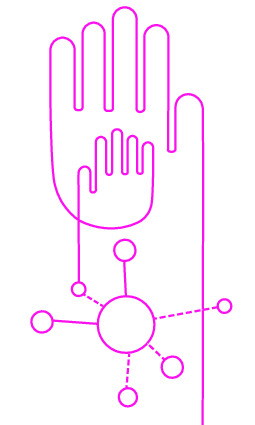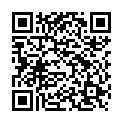|
|
|
| Module code: PdK-P1 |
|
|
2U (2 hours per week, accumulated) |
|
5 |
| Semester: 3 |
| Duration: 2 semester |
| Mandatory course: yes |
Language of instruction:
German |
Assessment:
Course work: graded
[updated 01.10.2020]
|
PdK-P1 (P322-0168) Childhood Education, Bachelor, ASPO 01.10.2017
, semester 3, mandatory course
PdK-P1 (P322-0168) Childhood Education, Bachelor, ASPO 01.10.2019
, semester 3, mandatory course
|
30 class hours (= 22.5 clock hours) over a 15-week period.
The total student study time is 150 hours (equivalent to 5 ECTS credits).
There are therefore 127.5 hours available for class preparation and follow-up work and exam preparation.
|
Recommended prerequisites (modules):
None.
|
Recommended as prerequisite for:
|
Module coordinator:
Prof. Dr. Charis Förster |
Lecturer:
Prof. Dr. Charis Förster
Prof. Dr. Iris Leisner-Ruppin
[updated 12.09.2018]
|
Learning outcomes:
In this module, students will build on their knowledge from the first year of study or from their training as educators and deepen individual aspects in the field of childhood education.
They will research statistical, social and political information in its regional, national and international context and compare different approaches.
They will be able to derive practical implications and assess the importance of different measures. Students will examine the professional profile of childhood education* in general and individually.
[updated 01.10.2020]
|
Module content:
-Current situation of institutional education, training and care (including statistics), reflection of individual aspects for their own professional action
-Analysis of the selected working field
-Legal foundations
-The field of childhood education in a social and political context - critical reflection on the meaning for the profession and the person
-International comparisons - how is childhood education implemented internationally - which ideas are particularly important for students and why? In-depth study of individual topics, e.g. children´s rights, inclusion - practical implications
[updated 01.10.2020]
|
Teaching methods/Media:
-Impulse talks
-Group work
-Short presentations
-Research tasks
[updated 01.10.2020]
|
Recommended or required reading:
Recommended literature will be announced at the beginning of the course.
[updated 01.10.2020]
|


